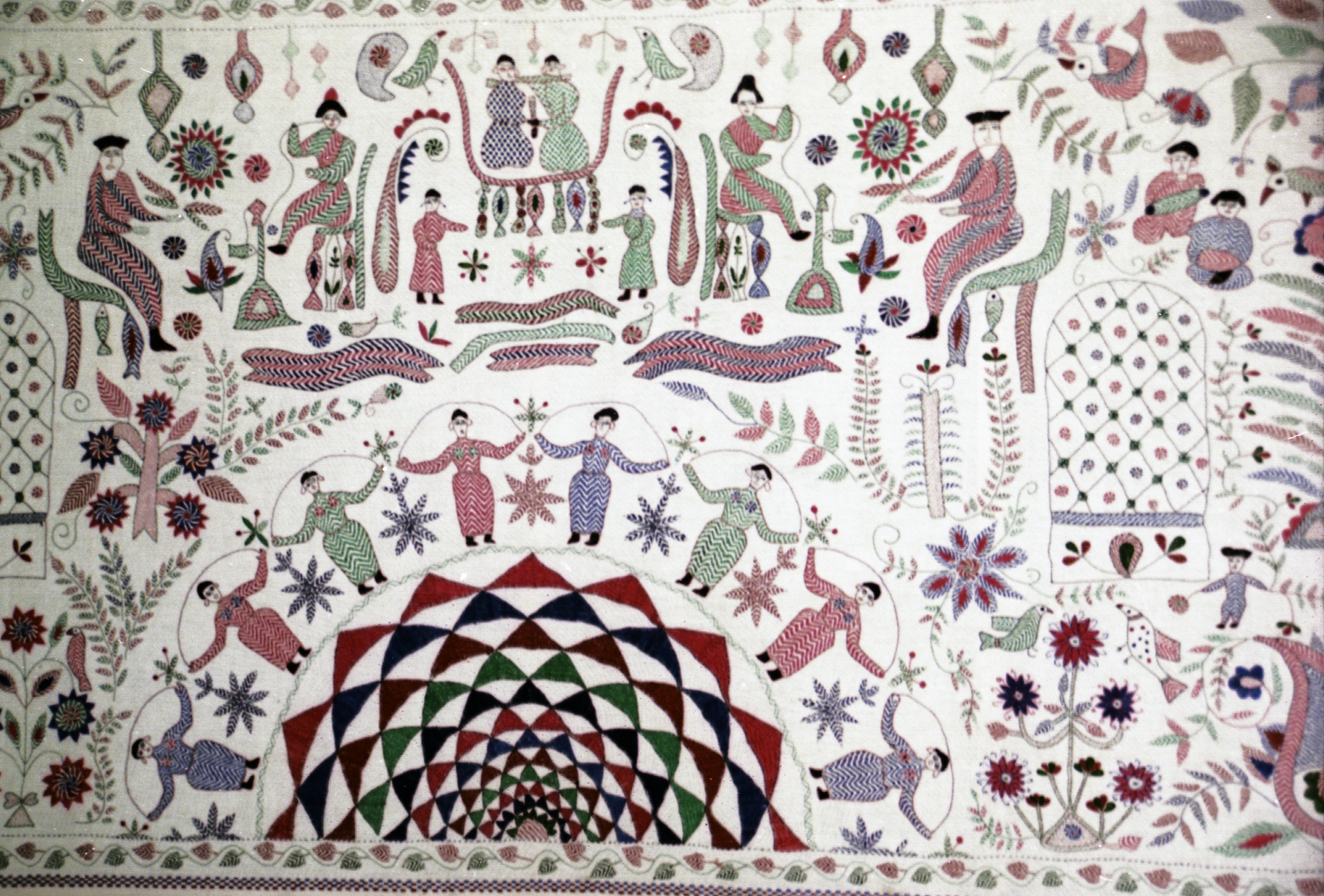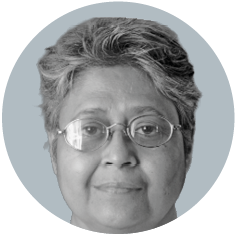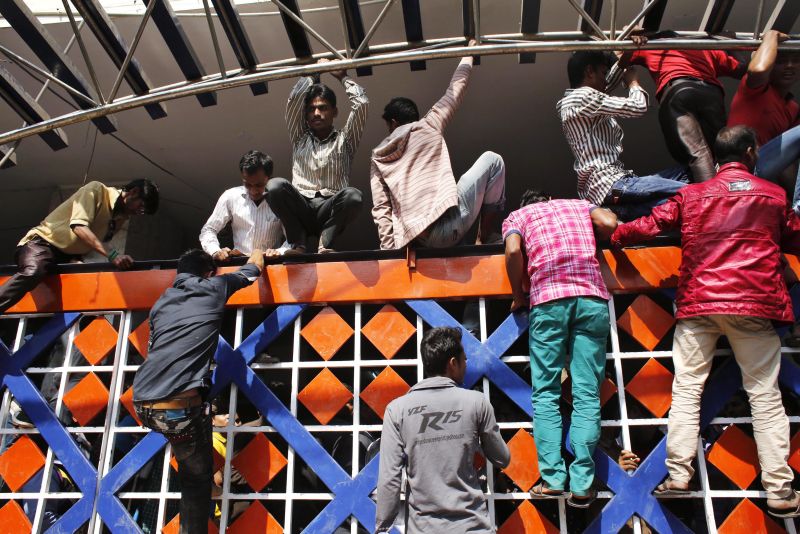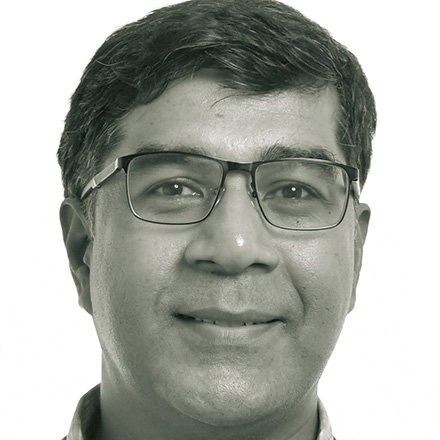Social inclusion
Escaping the vicious cycle
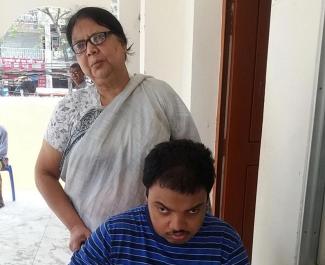
Sandipawn Inclusive School was established in the year 1990 in a village in the Narshingdi District. It is designed to teach children with disabilities, aspiring to promote an inclusive society. Sandipawn is run by Gram Bikash Shohayak Shangsta (GBSS), a non-profit organisation, of which I am the executive director.
We know that all students deserve a learning environment that suits their needs to fully tap their potential. By providing such an environment, Sandipawn enables students to grasp opportunities later in life.
It is essential to break the vicious cycle of poverty that is typically set of by a disability. In developing countries, persons with disabilities tend not to get a proper education, so they cannot develop skills. As adults, they struggle to earn money. Instead of contributing to the family income, they become a life-long burden.
This need not be so. People with disabilities have special needs, but if those needs are taken care of, they can live productive lives. In economic terms, it makes more sense to enable them to play a full role in society than to simply leave them and their families to misery.
The teachers cooperate closely with the parents. Mothers and fathers play a crucial rule in preparing their children for life – and they have the most to gain by ensuring their daughters’ and sons’ inclusion in mainstream society. To the extent possible, moreover, we involve the students in decisions concerning their curriculum.
One of our principles is: “All students will have equitable opportunity to be included in the typical learning environment.” We ensure that our students are regularly taught together with same-aged peers from the neighbourhood school in the same classroom. The earlier they get used to interacting with one another, the better. It will help them to understand that community rights and individual rights are not opposed principles and that diversity can – and must – be valued.
We focus on the child’s abilities, not disabilities. We allow meaningful relationships and friendships to develop as students with and without disabilities spend quality time with one another.
In Bangladesh, social inclusion remains a huge societal challenge. Respect for the rights of people with disabilities must grow throughout the country. Vulnerable minorities must be protected from violence and maltreatment, in the public as well as in the private sector. All too often, institutions are still not accessible to people who rely on wheelchairs, for example.
Bangladesh must rise to these challenges. A good way to start is to ensure that children with disabilities are empowered properly. If they become self-confident persons, they will be able to demand their rights. If they develop vocational skills, they will be able to make money. If they learn to engage able-bodied peers early on, they will know how to find allies later in life.
Sandipawn students have special needs, so they deserve special attention. We offer classes in sign language, for example, and provide systematic health counselling. In our context, speech, music and dance therapy deliver good results.
We are a charitable agency, so our resources are limited. Sandipawn currently teaches 160 girls and boys with disabilities from preschool to class 5. We also provide vocational training. The students are 12 to 22 years old, and not all of them have a disability. We teach device repairing (computers, refrigerators et cetera), sewing and handicrafts, for example.
An evaluation has shown that we are making a difference. In our village, more disabled children are enrolled in school than ever before, and the drop-out rate has fallen by more than half. Awareness of disability-related issues has grown in the community.
No doubt, inclusion requires efforts. Shying away from those efforts, however, does not solve any problems. It will only make them worse. Investing in children with disabilities is not a drag on society’s development – it actually contributes to general prosperity.
Masuda Farouk Ratna is the executive director of GBSS, the non-governmental organisation that runs Sandipawn Inclusive School.
https://www.grambikashbd.org
